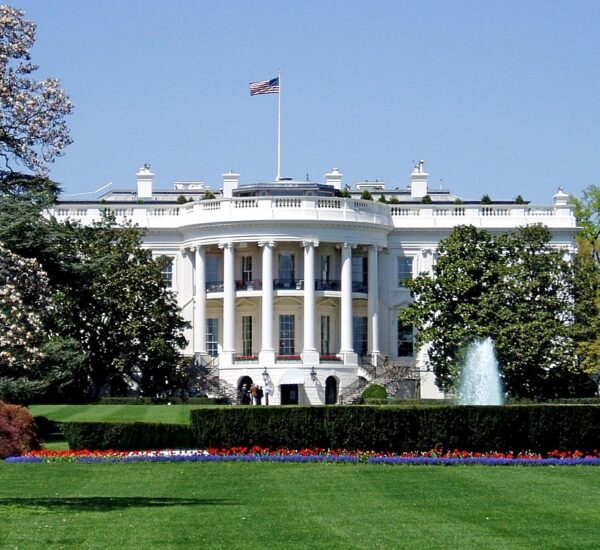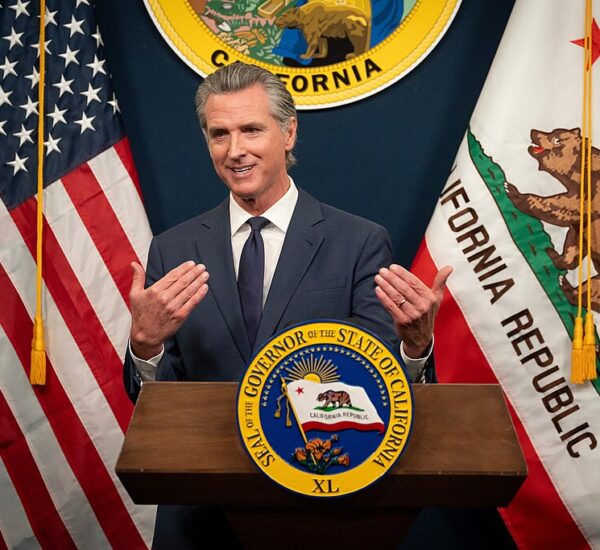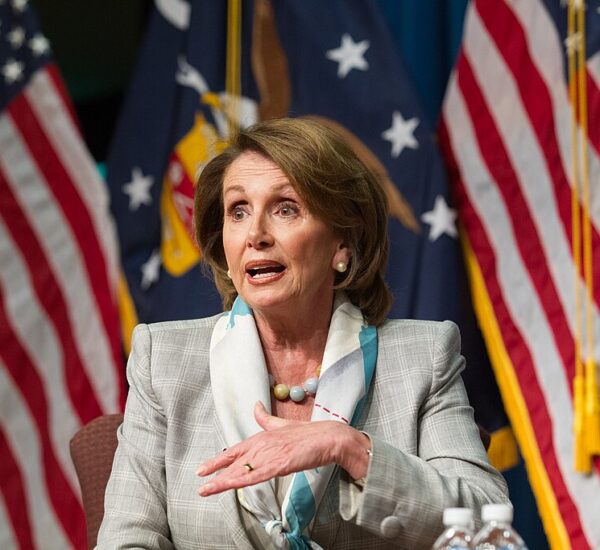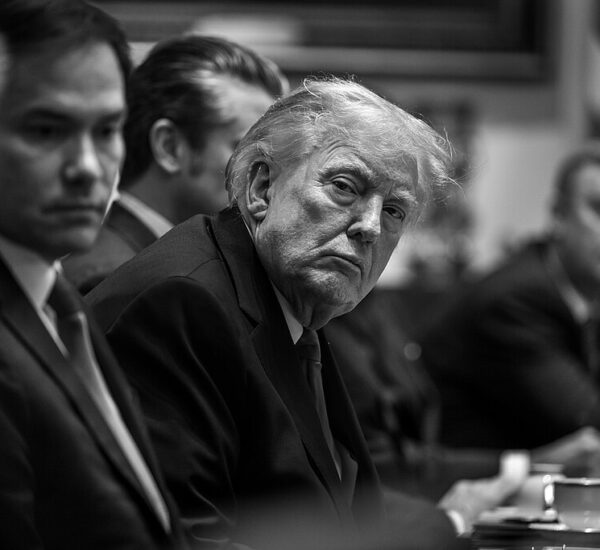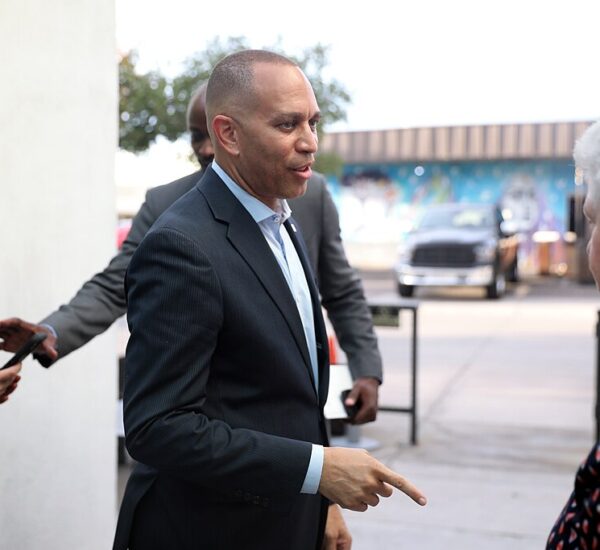Republicans To Flip Key State Red
Virginia is emerging as a pivotal battleground state in the upcoming November elections, drawing significant attention from Republicans hopeful of a resurgence under former President Trump’s influence. Recent polling data indicates a tight race between Trump and President Biden, with margins ranging from 2 to 5 points—a situation not seen since Virginia last voted Republican in a presidential election back in 2004.
Despite Virginia’s recent Democratic leanings, Republicans are optimistic. They argue that a lack of enthusiasm among Democrats, combined with newfound unity within Republican ranks, sets the stage for a potential GOP victory in the state. Zack Roday, a seasoned Republican strategist, highlights Virginia as a toss-up, suggesting Biden’s polling lows and Trump’s potential for further gains.
The current polls mark a downturn for Biden, exacerbated by critical assessments following his recent debate performance against Trump. This dip has prompted public calls from Democratic donors and lawmakers urging Biden to reconsider his candidacy. Even prominent figures within the Democratic Party, like former President Obama, reportedly harbor doubts about Biden’s electoral prospects. Conversely, Trump has seen improvements not only in traditional swing states but also in states previously considered safe for Democrats, including Virginia.
Virginia, historically a Democratic stronghold in presidential elections, saw Hillary Clinton win by a narrow margin in 2016 and Biden expand that margin to 10 points in 2020. However, recent polls suggest a shift, with Trump narrowing the gap significantly against Biden, indicating a highly competitive race.
Democrats, while acknowledging Virginia’s pivotal role, point to their robust campaign infrastructure and extensive ground game as key advantages. They cite Biden’s numerous campaign events and a network of field offices across the state as strategic assets aimed at mobilizing voters effectively.
Republicans, while conceding the infrastructure advantage to Democrats, emphasize their own unconventional campaign tactics, focusing on targeted voter outreach and leveraging Trump’s popularity among rural and swing voters. They believe this approach, coupled with Trump’s appeal in critical regions like the Richmond suburbs and Tidewater areas, could turn the tide in their favor.
Despite Democratic successes in recent Virginia elections and control over the General Assembly, Republicans remain undeterred, buoyed by the gubernatorial victory of Glenn Youngkin and the potential influence of Trump’s base. They assert that Trump’s campaign presence in Virginia, evidenced by planned office expansions and strategic rallies, will intensify efforts to sway undecided voters.
In conclusion, while Virginia remains historically blue at the presidential level, the current political landscape suggests a tighter race than in previous elections. Republicans are optimistic about their prospects, banking on Trump’s popularity and strategic campaign adjustments to tip the scales in their favor come November. As both parties gear up for what promises to be a fiercely contested election, Virginia emerges as a critical battleground with implications that could resonate nationwide.


